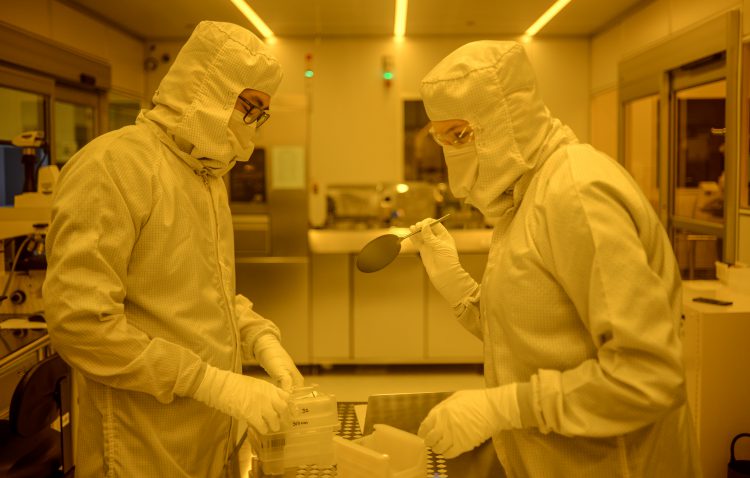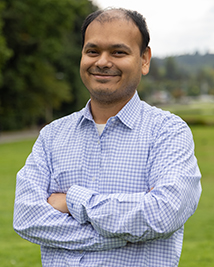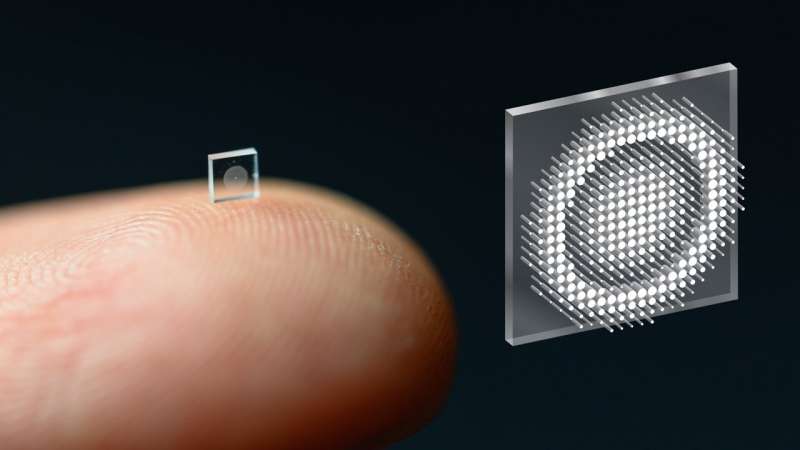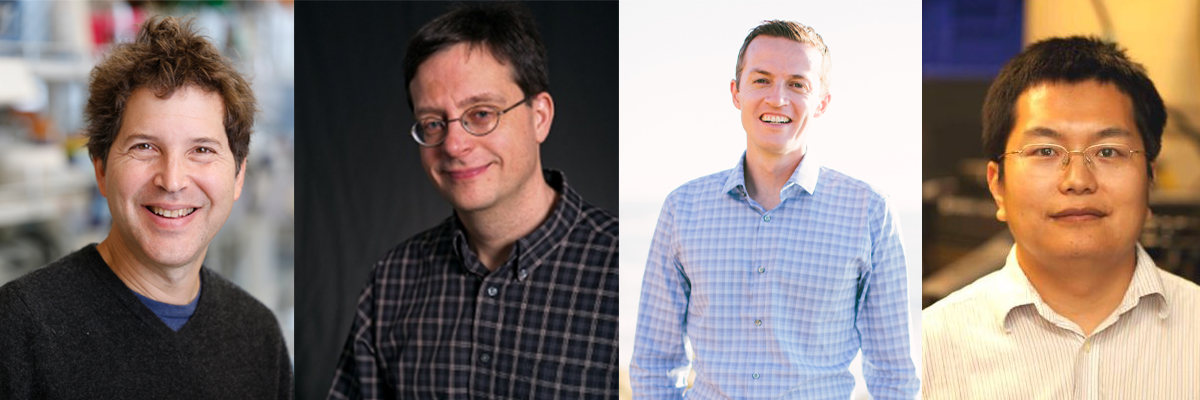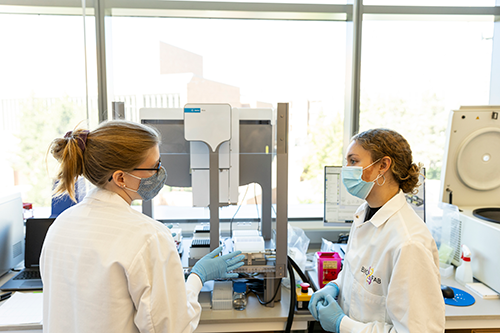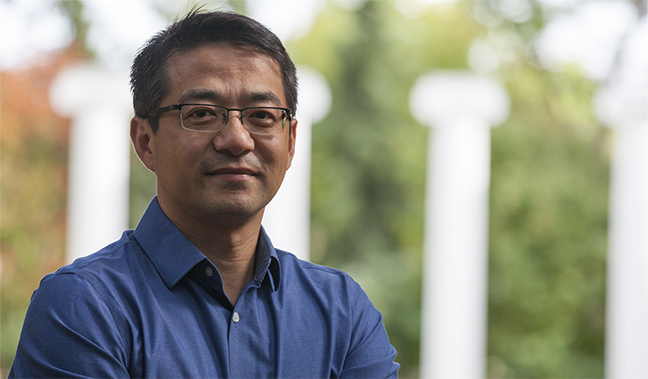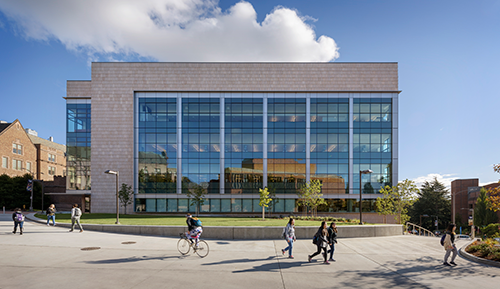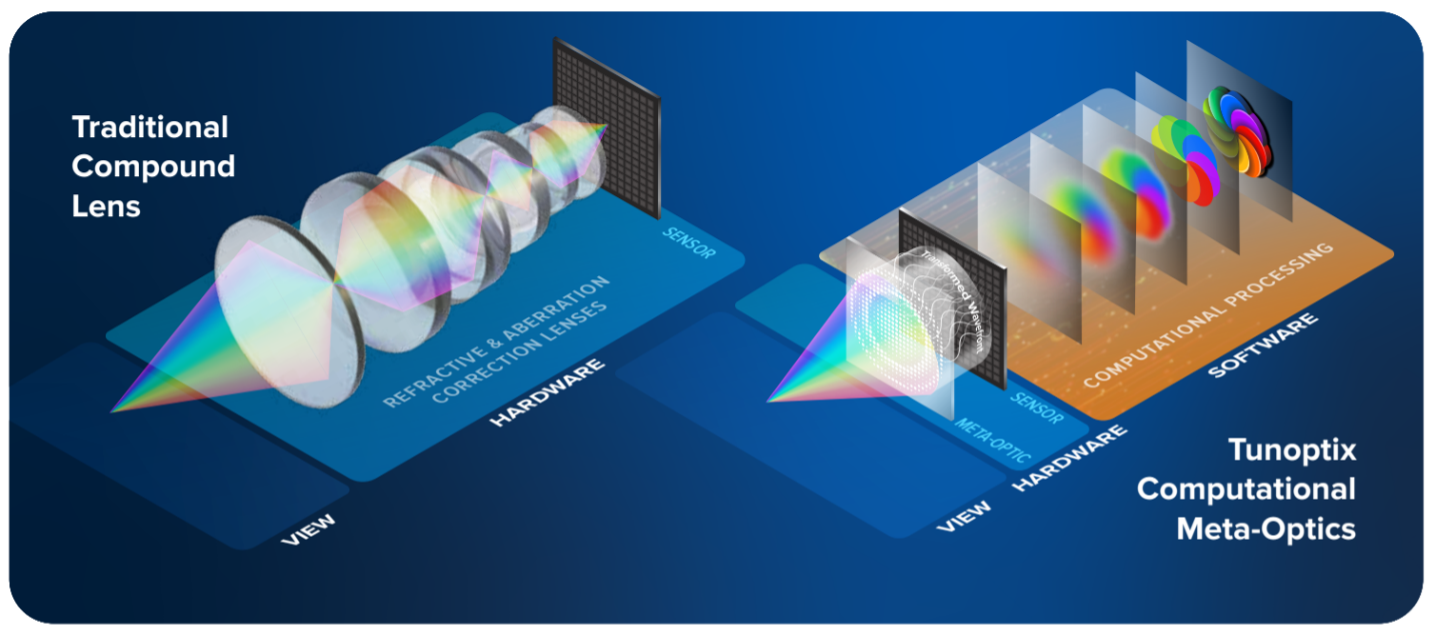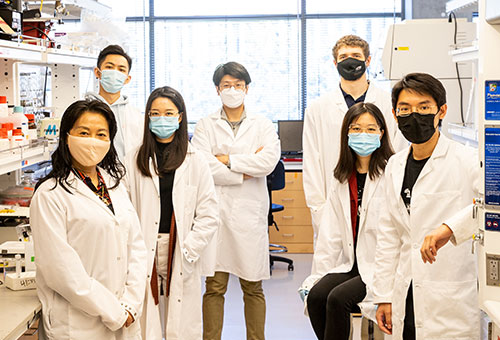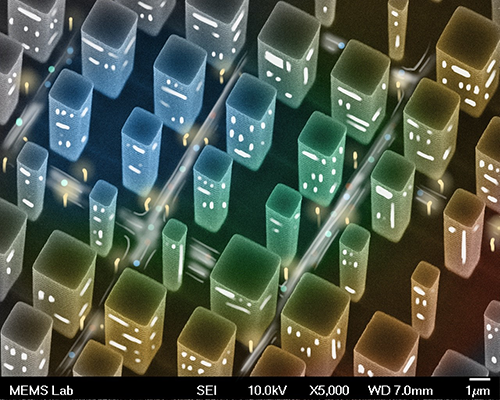To support the use of nanotechnology tools to develop innovative, new technologies, the Northwest Nanotechnology Infrastructure (NNI) is offering seed grants to new, first-time users for work to be conducted in our fabrication or characterization facilities. These grants are designed to help users build and characterize prototypes, obtain preliminary results and conduct proof of concept studies.
NNI is one of 16 sites in the National Science Foundation’s National Nanotechnology Coordinated Infrastructure (NNCI) program. As the Pacific Northwest node in NSF’s NNCI network, NNI includes world-class facilities at the University of Washington including the Washington Nanofabrication Facility and the Molecular Analysis Facility.
The deadline to apply is March 1, 2022.
Additional details regarding eligibility, guidelines, and selection, as well as the link to apply, can be found here.
